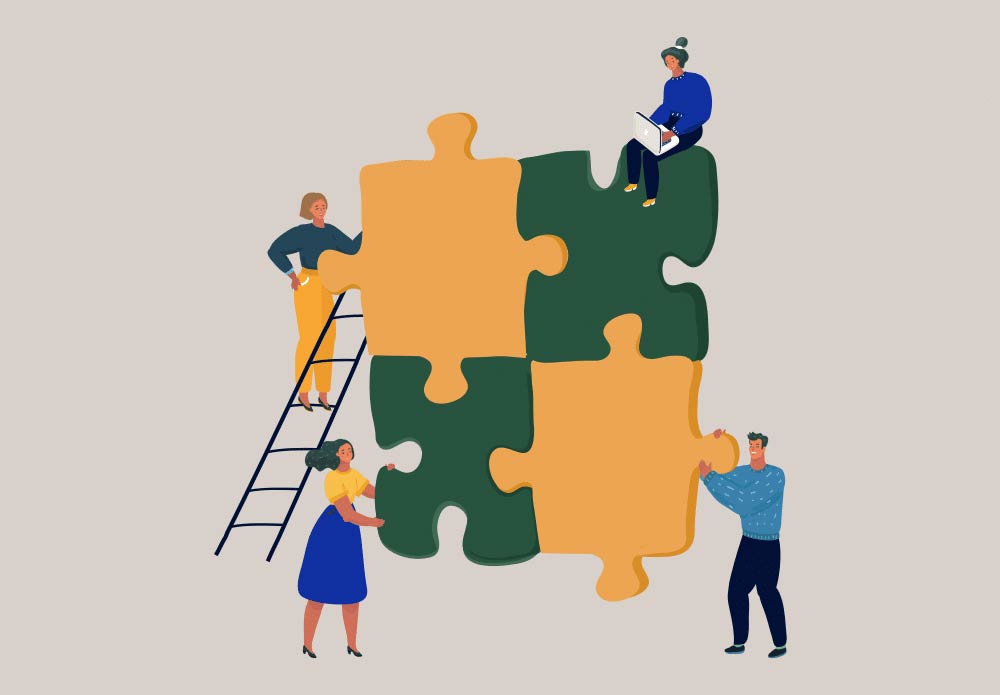Understanding My Child’s Diagnosis?

First and foremost, we would like to address that your child’s diagnosis does not define their capacity, potential and future. Their diagnosis, in fact, helps us, their clinician, doctors, etc., best find and locate the best resources, interventions, and support for your child and their level of learning, understanding and functioning.
Here are my top two recommendations a parent, guardian or caretaker take when navigating their child’s new diagnosis:
1. Know your key resources.
Whether your child gets a diagnosis by their pediatrician or clinician, know your network and connect them to one another. The pediatrician and therapist can have a therapeutic relationship (with your consent) to discuss the status, progress, and concerns of your child. This is very helpful because each practitioner sees your child in a different setting and at different times; therefore, they are able to give observational information and recommendations as they both work collaboratively to help support your child. Also, your child’s school is a major resource to your child’s new diagnosis. Reaching out to key professionals such as the school social worker, school psychologist or guidance counselor is highly recommended so the school can collaborate and provide feedback or have a clear line of communication to express their insight, support or concerns. If your child’s diagnosis impacts their learning, there can be a discussion with the school to see what resources; extra support in the classroom, structured breaks, classroom size, etc, can best support your child’s academic and emotional needs.
2. Ask Away.
A new diagnosis can be intimidating if you’re newly learning about its symptoms, triggers, and all that it entails. That is why speaking with your provider will help you gain a better understanding of what steps to take and what are the best ways you can support your child. Asking your provider questions that help you understand what the diagnosis is, what medications and therapeutic treatments/interventions are available and where in the community can you locate resources that will better ensure your child’s wellbeing and success. Also, a lot of diagnoses have acronyms such as Generalized Anxiety Disorder. known as GAD Diagnosis. It is important to learn the acronym to best locate the resources necessary for your research and reference.
We are here to help you understand your child’s diagnosis and navigate the best next steps. Integrative Therapy and Coaching offers a FREE 15 minute consultation with our Clinical Director in hopes we can recommend resources or provide service to best support your child’s diagnosis. We are known for our adolescent counseling services, integrative psychotherapy, and emotion regulation therapy. We see the value in mindfulness when providing services such as family counseling in CT and Psychotherapy in CT. If you would like to learn more about our resources and the network we share, contact us today to schedule your FREE consultation!
